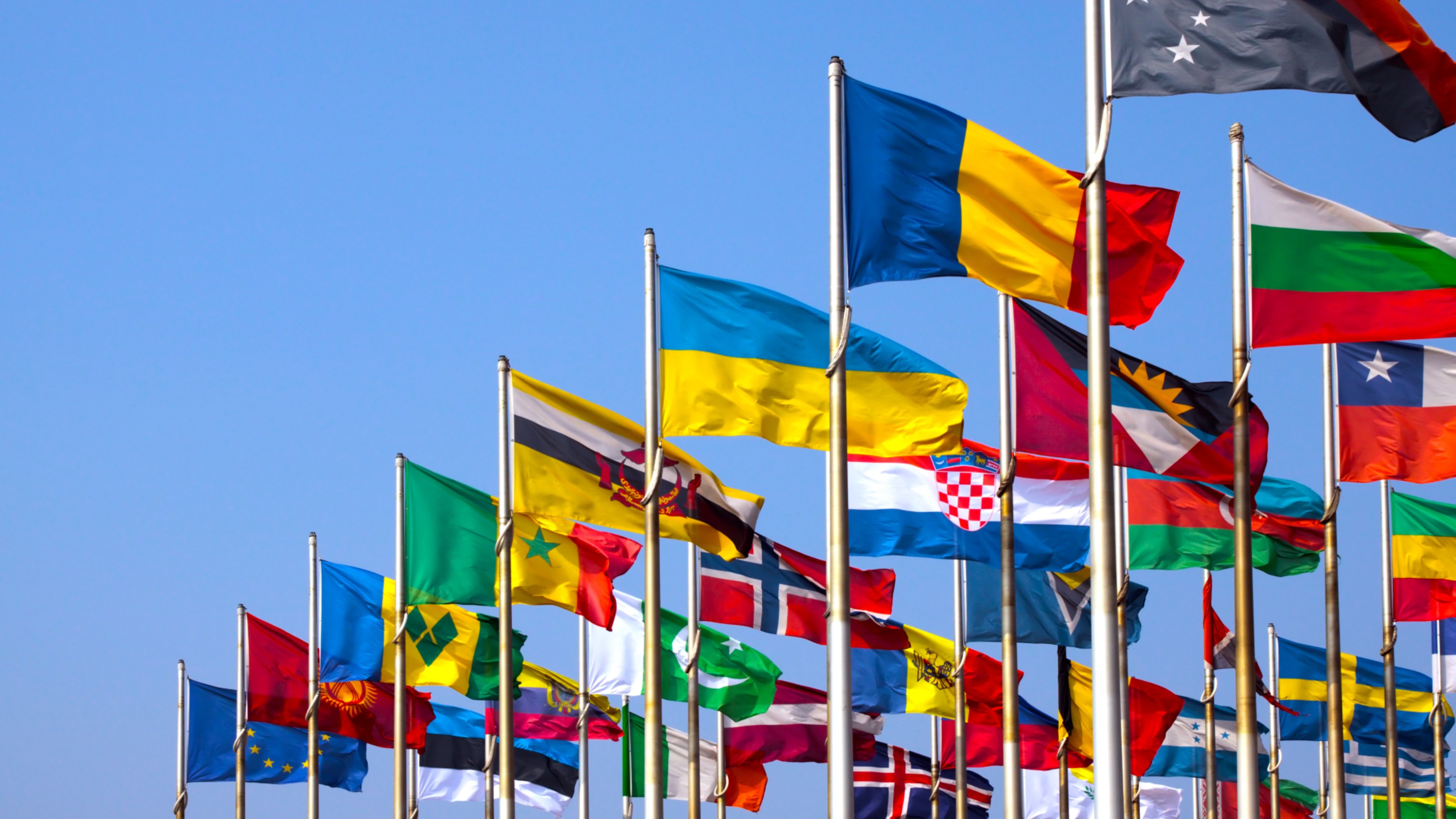Algae Resilience
A diverse range of corals harboring unusual symbiotic algae in the warm Indian Ocean suggests resilience to future global warming, Penn State researchers have found. “’The existence of so many novel coral symbioses thriving in a place that is too warm for most corals gives us hope that coral reefs and the ecosystems they support may persist — at least in some places — in the face of global warming,’ said the team’s leader, Penn State Assistant Professor of Biology Todd LaJeunesse. According to LaJeunesse, the comprehensiveness of the team’s survey, which also included analysis of the corals and symbiotic algae living in the cooler western Indian Ocean and Great Barrier Reef area of Australia, is unparalleled by any other study. The team’s findings will be published during the week ending 20 February 2010 in an early online issue of the Journal of Biogeography. Corals are colonies of tiny animals that derive nutrients and energy from golden-brown, photosynthetic algae that live inside the corals’ cells. ‘This symbiotic relationship is sensitive to changes in the environment’ said LaJeunesse. ‘For example, because the algae are photosynthetic, they are very sensitive to changes in light. They are also sensitive to temperature,’ he said.”




